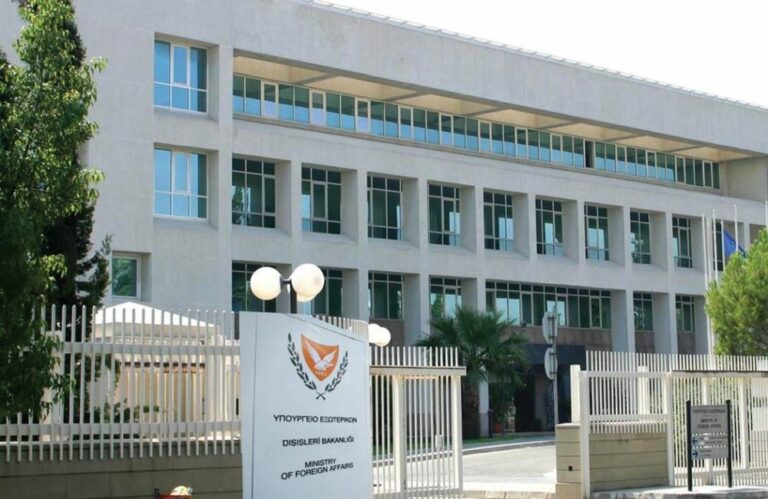Cyprus was among EU countries to show the biggest positive change in support of LGBTI rights, according an analysis of 334,000 answers to a European Social Survey.
The European Social Survey asked participants to rate their agreement with the statement “gay men and lesbians should be free to live their own life as they wish” on a scale from 1-5.
Russia scored the lowest in 2016, with an average of two, and the highest scores came from Belgium, Spain, Norway, France,
Sweden, the Netherlands and Iceland.
Spain and Portugal, where gay marriage is legal, and Cyprus, Italy and Greece, which allow same-sex civil partnerships, saw the biggest positive changes, according to the analysis of 334,000 survey answers.
Hungarian researchers who studied the answers found that homophobia has risen in European countries that do not legally
recognise same-sex relationships, while acceptance of gay and lesbian people has jumped in states where they can marry, Reuters reports.
Most European countries saw a rise in acceptance of same-sex relationships between 2002 and 2016, according to the researchers who analysed results from the European Social Survey, carried out every two years.
However, Russia, Bulgaria, Lithuania, Poland and Ukraine all saw acceptance of gay and lesbian people decrease over the 14-year period.
“I think it is very important that we can unlearn prejudice,” said Judit Takacs, a researcher at the Hungarian Academy of Sciences and one of the study’s authors.
“It’s a very serious message that you can learn to be … open minded, and you can learn to be intolerant,” she told the Thomson Reuters Foundation.
Same-sex marriage is legal in 16 out of 48 European countries, according to ILGA, a Europe-wide LGBT+ advocacy group, while 21 European countries do not allow same-sex marriage or civil partnerships.
The study did not show whether legalising same-sex marriage caused a decrease in homophobia, but Takacs said legislation could help to normalise same-sex relationships.
“It highlights the role of the state. It’s a great responsibility of our politicians how they lead us, and what kind of messages they sponsor,” Takacs said.
(Edited by Bouli Hadjioannou)















